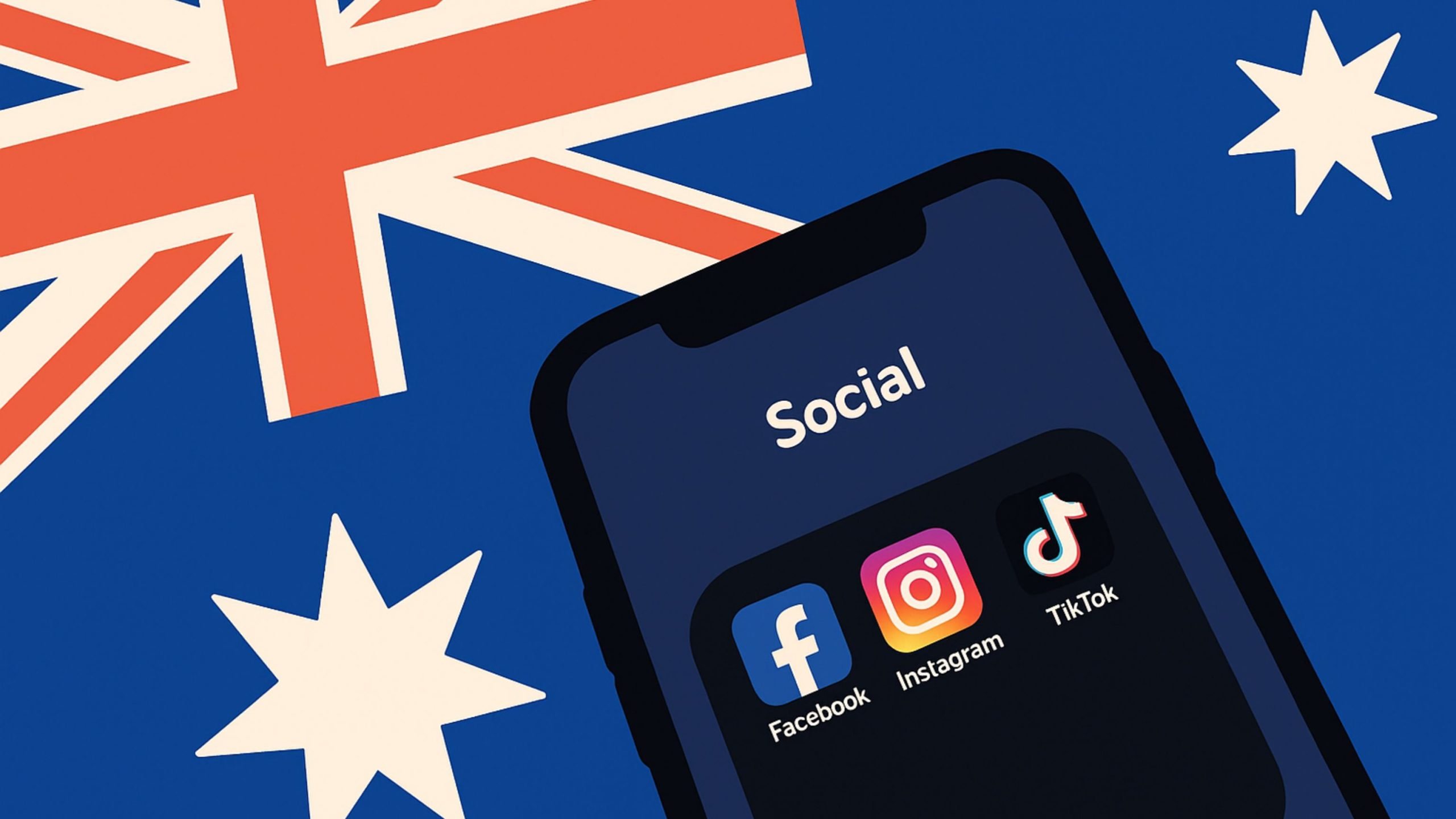Australia’s online digital ID checks and under-16 social media ban are now facing a constitutional challenge, with a coalition of Australians led by NSW Libertarian MP John Ruddick preparing to contest the new law in the High Court.
The Online Safety Amendment (Social Media Minimum Age) Bill 2024, scheduled to take effect on December 10, 2025, will require all users to prove they are over 16 before accessing major platforms such as Facebook, Instagram, TikTok, YouTube, X, and Snapchat.
To comply with this, people will have to give up their privacy by verifying with a government-issued ID.
John Ruddick announced the challenge after being elected President of the Digital Freedom Project (DFP) at its inaugural general meeting this week.
Ruddick said the DFP’s mission is to “raise public awareness about this East German-style intrusion by the state into our private lives” and to “launch a High Court challenge that argues the law is unconstitutional as it is a violation of the long-accepted ‘implied constitutional freedom of political communication’.”
He argued that the new law will be burdensome for both social media users and platforms, with companies facing fines of up to $53 million per day for breaches.
“The guts of the matter is that to have a social media account in Australia from 10 December, you will need to prove to the social media platform you are over 16,” Ruddick said.
He added that the verification process could require uploading identification documents, which would enable the eSafety Commissioner to “track what websites you visit to double check you really are over 16.”
More: YouTube to Get Australia Digital ID Age Checks by Year’s End, Plus New AI Profiling For US Users
Although the government tries to maintain that participation in its Digital ID program will be voluntary, Ruddick contends that the system effectively pushes Australians toward it, creating a centralized system of online identity. “The government however, will make it easier for you…if you just sign up for Digital ID…and that is the whole purpose of the legislation,” he said.
Questions remain over how the law will be implemented. Although Labor has insisted that government ID will not be required, social media companies told a parliamentary inquiry last month that they may still need to collect identification as part of “age assurance processes.”
Opposition communications spokesperson Melissa McIntosh said the situation needs clarification. “We’re hearing now that digital identification may need to be required,” she said. “A platform may compel an Australian to use their government ID. We didn’t sign up for that.”
Ruddick said the DFP’s legal team expects to file the High Court case soon.










